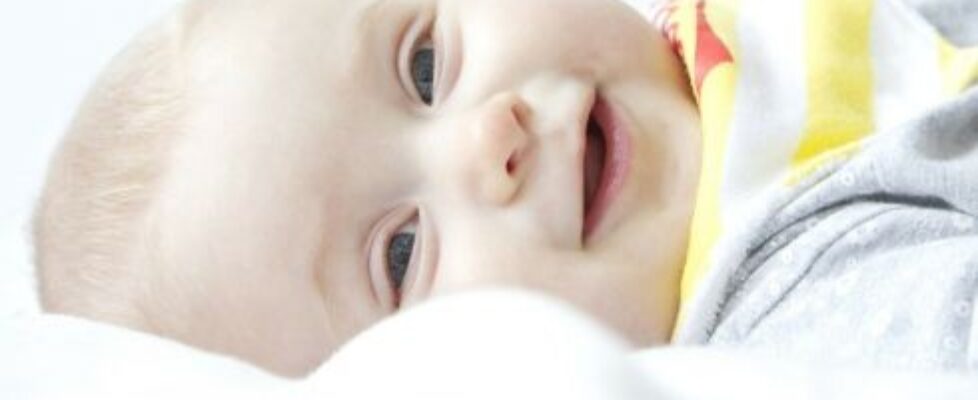How to Choose Water for Your Baby Formula
The water for baby formula needs important consideration. It can seem like a simple thing. But the water you use to prepare your baby’s formula can impact your child’s health significantly.
So, what’s the deal with choosing the right water for baby formula, you may ask. Tap or spring water can contain minerals. Your baby’s formula already contains enough minerals for your child’s optimum growth. Minerals in excess amounts can cause toxicity in the body. Mineral overdose can also interfere with organs’ functions and cause other health problems. So, it is important to use water devoid of not only impurities but also minerals when it comes to preparing infant formula.
Choosing Water for your Baby’s Formula
The right thing –
It is best to use only distilled water for your baby’s formula. It is the purest form of water you can use.
Distillation involves first boiling the water. Next, the steam is condensed into the liquid form again. The process removes all traces of impurities and minerals from water. Babies who feed on formulas exclusively do not need minerals from any other source. It is safe to use distilled water for their food as they don’t need minerals from water. In fact, with the use of distilled water, you can ensure that only pure water reaches your baby’s body.
The baby formula consists of all the nutrients an infant needs. It is closely formulated after breast milk. Babies do not require minerals in large quantities. It is true for adults too. So, proper care is required to check a child’s mineral intake.
Excess of minerals such as iron, zinc, calcium, or phosphorus can be very harmful to infants. So, even if you use water purified by reverse osmosis (RO), you risk mineral overdose. RO water can remove impurities but it doesn’t remove all the minerals. The deionization process only removes mineral ions but not the impurities. Only distilled water is completely safe for babies.
Choosing the distilled water –
When searching for distilled water, search online for companies dealing in it and check their websites. Read the information on how they distill water and what sort of quality parameters they employ during the process. If you do not find such information on a company’s website then it is best to not buy distilled water from them. Reputed brands will always present information about the distillation process and quality parameters they employ on their website.
- Check if the water is filtered before it is sent for distillation. Hard water will need to be softened before it can be distilled. The filtration process requires filters of at least 1 micron. Doing so will remove even tiny impurities from the water.
- Check if the distilled water is stored in temperature-controlled silos after the distillation process or not. It will need to undergo ozone treatment before it can be packed into sterilized bottles.
- Check if the distilled water is inspected constantly for the optimum ozone levels. Does the company maintain records of the ozone levels with each batch of the distilled water? How regular are these inspections?
- Check the quality parameters for the distilled water. Improper distillation process can leave traces of minerals in the water. Check if the distilled water you are considering buying is devoid of fluoride or not. Babies do not need any excess fluoride in their diet. Excessive fluoride can pose the risk of neurological impairment in babies. It can also cause white streaks (dental fluorosis) on their teeth.
- Check if the bottles are rinsed with ozone to decontaminate them or not. Does the company check the bottles for cross-contamination? Are the bottles capped before they leave the filter station? Ensure you find the answers to these questions in the affirmative when choosing a distilled water brand for your baby’s formula.
The buying guide –
Opt for single-serve bottles instead of large cans of distilled water. It may seem like a convenient option to buy large cans of water. But once you uncap it, you risk contaminating it. But there is no such risk with single-serve bottles.
Choose a reputed brand of distilled water only after conducting thorough research into its distillation process.
